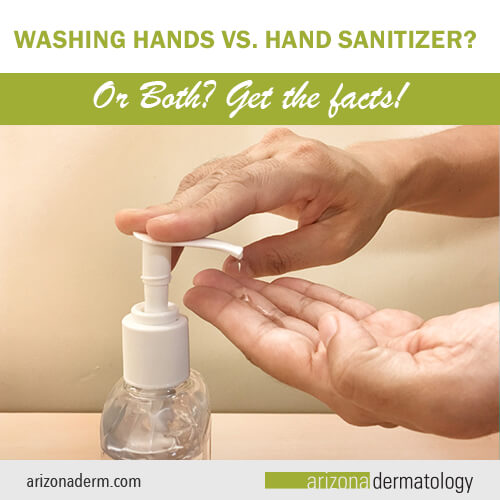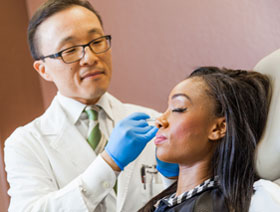 As we continue to deal with Covid-19, protecting ourselves from germ transmission is at the forefront of everyone’s mind. Hand sanitizer is impossible to find at many retail stores. Most of us haven’t heard so much talk about hand washing since kindergarten.
As we continue to deal with Covid-19, protecting ourselves from germ transmission is at the forefront of everyone’s mind. Hand sanitizer is impossible to find at many retail stores. Most of us haven’t heard so much talk about hand washing since kindergarten.
Here are some things you need to know about hand washing and hand sanitizers during and after Covid-19.
Soap and Water is Best
Even in our high tech age sometimes the classics endure, and good old fashioned hand washing is one of them! Alcohol-based hand sanitizers don’t kill all types of germs (notably the norovirus stomach bug, some parasites and Clostridium difficile). Hand sanitizers also won’t remove pesticides, other types of chemicals, or toxic heavy metals. Also, hand sanitizers don’t work well when hands are visibly greasy or dirty.
How and When to Wash Hands
To properly wash hands, wet them, lather them with soap and rub them together constantly for at least 20 seconds. Rinse and then dry them on a clean towel or let them air dry.
Generally speaking, the CDC recommends these key times to wash your hands:
- Before, during and after preparing food
- Before eating
- After using the bathroom
- After changing a diaper or helping a child use the toilet
- Before and after caring for someone who is ill will diarrhea
- After touching an animal or touching animal food or waste
- After blowing your nose, sneezing or coughing
- After touching garbage
During Covid-19, you should wash your hands after being in a public place if you have touched any surface that other people have likely touched (door handles, gas pumps, shopping carts, electronic payment systems, etc.) You should also wash your hands before touching your eyes, nose or mouth.
More facts about hand washing
- Using soap during hand washing is more effective than plain water because the ingredients in soap help lift dirt and microbes from skin. Also, people tend to scrub their hands more thoroughly when soap is introduced.
- There is no added health benefit to the use of soaps labeled as “antibacterial” over plain soap. This does not apply to professional healthcare settings.
Using Hand Sanitizer
During Covid-19, use hand sanitizer in cases when you don’t have access to soap and water and wash your hands properly as soon as possible.
Hand sanitizer should be at least 60% alcohol. Put hand sanitizer in your palm and rub it over all surfaces of your hands. Use enough hand sanitizer so that it takes about 20 seconds for your hands to dry. Do not wipe off hand sanitizer before it is dry. Do not use hand sanitizer on cracked or damaged skin.
Supervise children as ingesting hand sanitizer can cause alcohol poisoning.
In short, hand sanitizer is good in a pinch, but washing with soap and water is the gold standard.
For more information, visit www.cdc.gov/handwashing.


